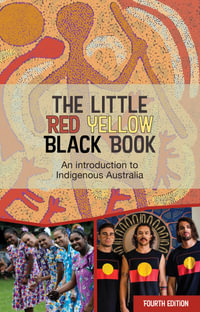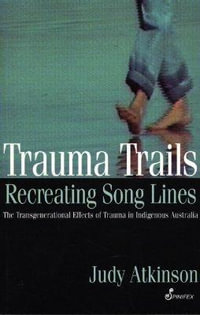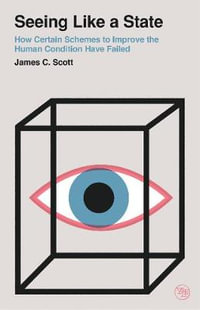Making History begins with a puzzle. In 1976 the inhabitants of Pukapuka, a Polynesian island in the South Pacific, revived a traditional form of social organization that several authoritative Pukapukan informants claimed to have experienced previously in their youth. Yet five professional anthropologists, who conducted research on the island prior to 1976, do not mention it in any of their writings. Had the Pukapukans 'invented' a new tradition? Or had the anthropologists collectively erred in not recording an old one? In unraveling this puzzle, Robert Borofsky compares two different ways of 'making history', two different ways of constructing knowledge about the past. He examines the dynamic nature of Pukapukan knowledge focusing on how Pukapukans, in the process of learning and validating their traditions, continually change them. He also shows how anthropologists, in the process of writing about such traditions for Western audiences, often overstructure them, emphasizing uniformity at the expense of diversity, stasis at the expense of change. As well as being of interest for what it reveals about Pukapukan (and more generally Polynesian) culture, Making History helps clarify important strengths and limitations of the anthropological approach. It provides valuable insights into both the anthropological construction of knowledge and the nature of anthropological understanding.
Industry Reviews
'Robert Borofsky's Making History [is] one of the most original and thought-provoking ethnographies I have read in some time ... [it involces] parallel investigations of how ethnographer and native gather and validate knowledge, how they construct understandings of a culture's past and present, and how these understandings influence each other ... always provocative and incisive ... Making History offers a great deal to think about.' James Howe, Pacific Studies 'I recommend the book highly as a good anthropological read; the writing is lucid and stylish, and the contents rich and original.' Judith Huntsman, Man 'One of the finest [discussions] in the literature on the relationship between social context and the acquisition of knowledge ... It raises significant questions about the uses and meaning of the past both to Pukapukans and to ethnographers. There is much to learn from here.' Richard Price, Journal of American Folklore 'By locating ... problems [of knowing]substantively in Polynesian ethnography, the author adds an important chapter to arguments about ethnographic validity and authority.' Ivan Brady, American Anthropologist 'Borofsky breaks new ground in the study of sense-making ... and towards a comparative epistemology ... He has not only made an original contribution to the study of tradition as a continuously modified understanding, he has opened the door to a new room: the study of the development of ideas as situated in complex and interacting sociohistorical processes.' Roland Tharp, Anthropology & Education Quarterly 'Making History is a significant contribution to the growing dialogue and interpenetration of the disciplines and methodologies of anthropology and history ... [it] offers historians in particular much food for thought.' Caroline Ralston, Pacific Studies 'A very useful contribution to a discussion of some significant general problems as well as a mine of information on the development and recent state of Pukapukan society.' Sir Raymond Firth, Professor Emeritus, University of London

























